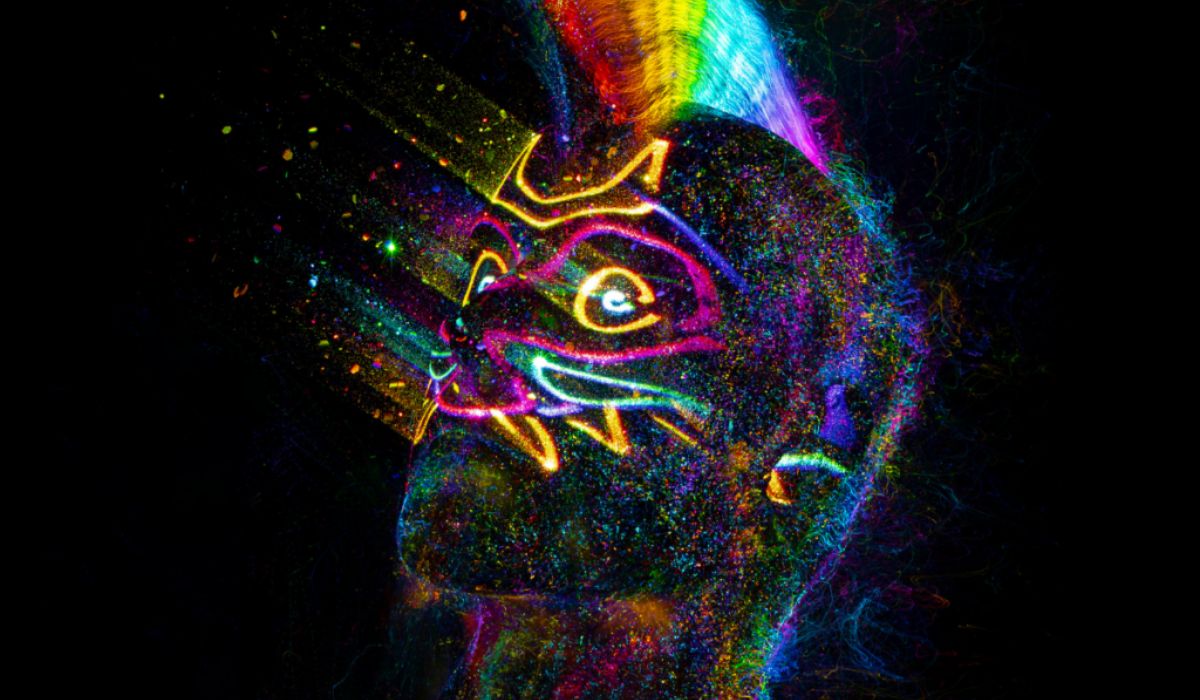The Juventus judgment highlights NFT trademark risk

Dr Nils Rauer and Tom Nener of Pinsent Masons commented after the Rome Court of First Instance granted Juventus a preliminary injunction banning a technology company called Blockeras from minting, advertising and selling NFTs bearing its trademarks. The verdict was handed down in July, but has only recently been reported.
NFTs are digital tokens that can be bought and sold using cryptocurrency and represent certificates of ownership for virtual or physical assets. Unlike cryptocurrencies, which are also underpinned by blockchain technology, NFTs are digital “uniques”, which cannot be exchanged like coins.
According to a report on the Rome judgment by the IPKat, Blockeras created and marketed NFTs and other digital content containing images containing Juventus’ trademarks, as well as an image of former player Christian Vieri wearing a Juventus strip. Blockeras had Vieri’s permission to use his image, but it had not received Juventus’ authorization, the IPKat said.
The court in Rome considered Juventus’ claims of trademark infringement by Blockeras and granted the club a preliminary injunction. It rejected Blockeras’ claim that Juventus’ trademark rights were limited to a different class of goods than the digital goods they made and sold.
Rauer said: “The rights in an NFT itself and the underlying intellectual property rights associated with the digital content the NFT refers to are severable. Many people are under the false impression that buying an NFT means that the creator of the NFT is automatically the rightful owner of the IP rights assigned to the NFT. It’s wrong. Companies that decide to start minting NFTs on a blockchain must first engage in adequate rights clearance. At the moment there are many examples of NFTs being minted without the full legal picture first being established.”
“The Italian case of Juventus is a good example. The IT company involved in the embossing of NFTs got the license to the player’s personal rights, but they did not get the Juventus owner rights to the shirt the player was wearing in the photo used, he said.
“Serious due diligence covering all relevant aspects of the law, particularly with respect to IP rights and personal rights, should be undertaken before digital assets such as NFTs are created. Such due diligence must pay tribute to the fact that, especially when trademarks come into in the picture, we are in the phase of dynamic development, not only in terms of modern technology, but also in terms of legal and regulatory frameworks,” he said.
In the UK, for example, a parliamentary committee is currently exploring the operations, risks and benefits of NFTs and the wider blockchain. One of the questions the Digital, Culture, Media and Sport Committee is considering in its investigation, given that NFT regulation in the UK is largely non-existent, is whether there is a need for more regulation.
Nener said there is still considerable uncertainty about whether the description of the goods and services for which the trademarks are registered will cover NFTs – even for trademarks registered for goods and/or services that already have the digital angle to them.
He said a process to update the list brand owners can choose from when selecting goods and services to obtain trademark protection is underway, along with updates to registration guidelines.
Nener said: “Brand owners are advised to re-examine their trademark portfolio, and in particular those registrations that allow use of the trademark in the digital sphere. It is highly likely that there is at least some ambiguity as to whether NFTs are within the scope of existing rights.”

























